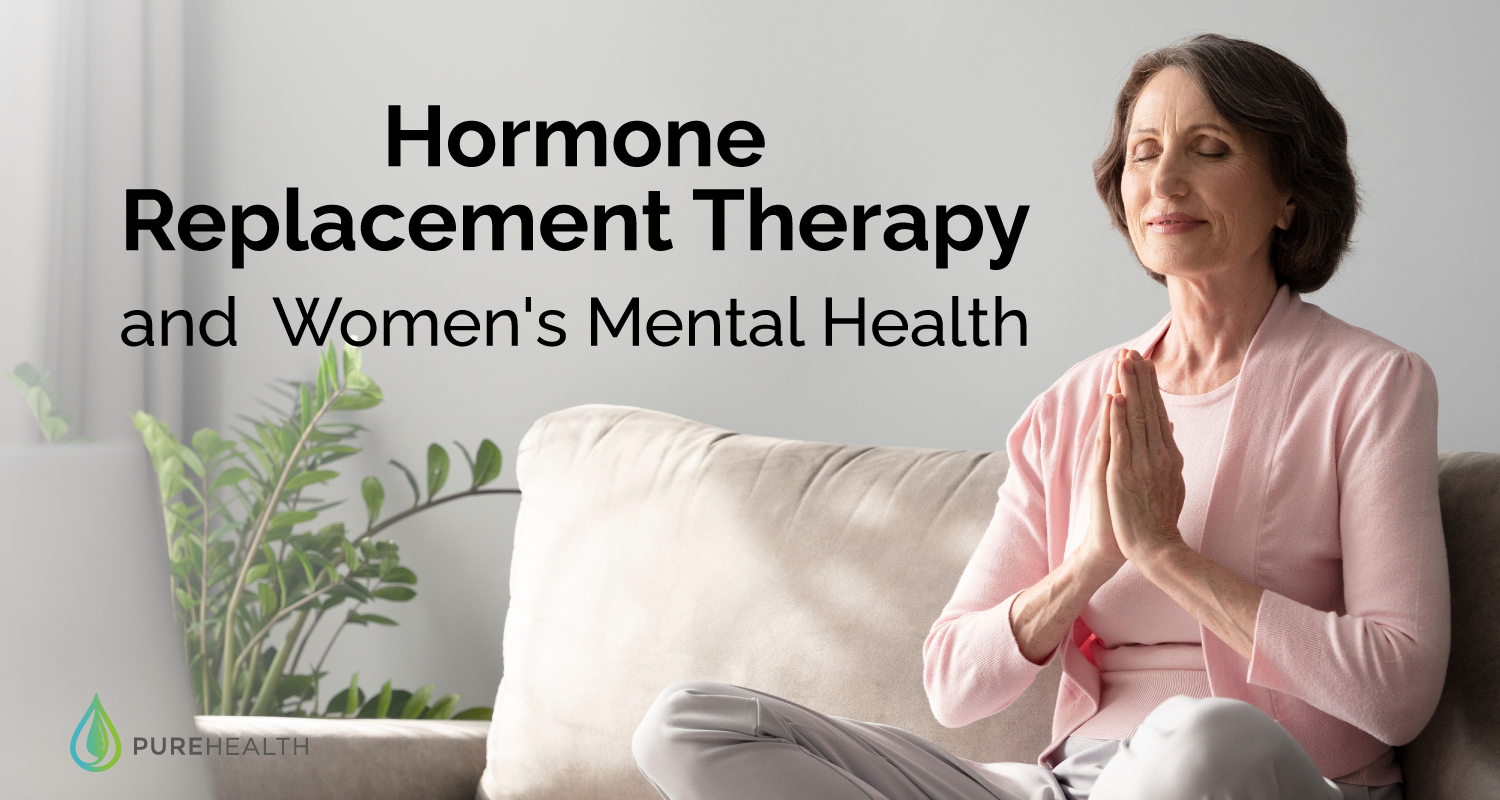Hormone Replacement Therapy and Women's Mental Health
Hormone Replacement Therapy (HRT) is a treatment used in women's care to counteract the symptoms of hormonal imbalances, often experienced during menopause. During this phase, a woman's body reduces the production of essential hormones like estrogen and progesterone, leading to several physical and psychological symptoms. These can include hot flashes, night sweats, mood swings, and depression. HRT involves the administration of these hormones to restore balance and alleviate symptoms.
Hormonal imbalances can significantly impact mental health, especially in women navigating through menopause. Decreased levels of estrogen, in particular, have been associated with the onset of mental health issues. Estrogen plays a key role in the production of serotonin, the "feel-good" hormone, and a decrease in estrogen can lead to a decrease in serotonin. This can result in mood swings, anxiety, and depression. Furthermore, progesterone, which usually has a calming effect on the brain, also dips during menopause. A decline in these essential hormones disrupts the body's natural equilibrium, potentially triggering a host of mental health problems.
Could HRT Improve Mental Health?
HRT can potentially help improve mental health by replenishing the reduced hormone levels in the body, thus mitigating the psychological symptoms of menopause. Research shows that estrogen, in particular, plays a protective role in mental health. It can improve mood by enhancing the effect of neurotransmitters in the brain, including serotonin and dopamine, which are often referred to as the "happy hormones". When administered as part of HRT, estrogen can help restore these neurotransmitter levels, thereby improving mood and reducing instances of anxiety and depression.
Moreover, hormone replacement therapy can help improve sleep quality. Menopausal women often suffer from insomnia due to night sweats and hot flashes. By controlling these physical symptoms, HRT can result in better sleep, leading to improved mood and cognitive function.
Lastly, HRT can also indirectly influence mental health by alleviating other symptoms such as vaginal dryness and incontinence, which can cause distress and significantly impact a woman's quality of life. By relieving these symptoms, HRT can contribute to overall mental well-being.
However, it's important to remember that while HRT can potentially improve mental health, it's not a standalone solution for mental health issues. It is often most effective when combined with other treatments, such as psychotherapy or other mental health medications. Always consult with a healthcare professional for personalized advice.
Natural Ways to Improve Mental Health
While HRT can be a powerful tool in managing the symptoms of menopause, there are also a variety of natural, holistic methods that can support improved mental health. Lifestyle modifications such as regular physical activity, maintaining a balanced diet, and ensuring adequate sleep can play pivotal roles in maintaining optimal mental health.
Physical activity, in particular, is known to boost mood by increasing the production of endorphins, the body’s natural 'feel-good' hormones. A balanced diet rich in Omega-3 fatty acids, antioxidants, and complex carbohydrates can fortify brain function and mood regulation.
Mindfulness practices such as meditation, yoga, and deep-breathing exercises can help reduce stress and anxiety, promoting calmness and mental clarity.
Furthermore, maintaining strong social connections and seeking support from friends, family, or support groups can provide a sense of belonging and emotional security.
Our holistic care approach ensures that you receive comprehensive treatment that targets not only your physical but also your mental health. By replenishing your body's estrogen levels, our HRT can potentially enhance mood, improve sleep, and mitigate anxiety and depression. Remember, your mental health is just as important as your physical health.
We invite you to experience the power of hormone replacement therapy for yourself. Take the first step towards better mental health and contact us today!

